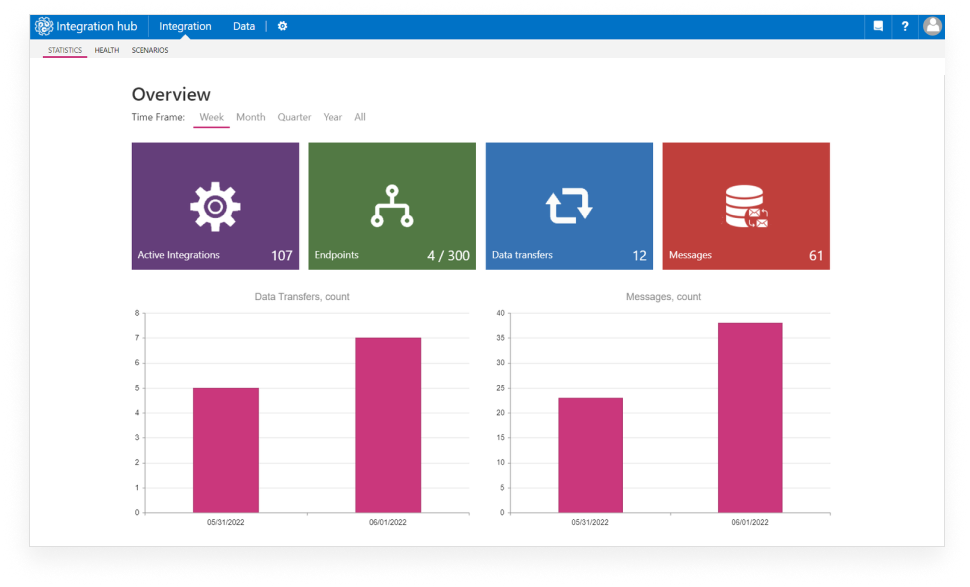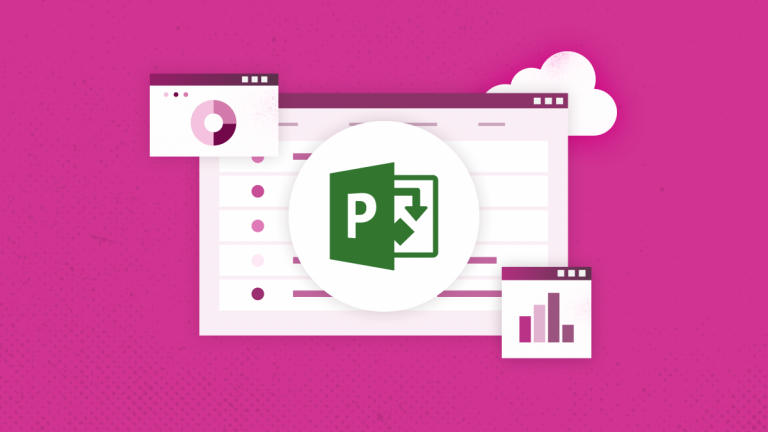
Anna Shalomova
PPM Consultant
Hybrid project management has become a popular way to combine the best of both traditional project management and agile methodologies. Harnessing the strengths of both approaches offers a flexible and adaptable framework for managing complex projects, a necessity in today’s rapidly changing business environment.
This article will explore the basics of blended project management, its advantages, types, key components, and implementation in improving project management processes.
Hybrid Project Management Basics
The hybrid approach involves taking the best practices from agile and waterfall methodologies and combining them in a way that works best for the project.
In waterfall, the project is divided into phases, each with different requirements, design, development, and testing. In agile, on the other hand, the project is broken down into small iterations or sprints, and each iteration delivers some project tasks.
This hybrid methodology is beneficial because it allows project managers to choose the most suitable project management approach for each stage. For example, agile methods may be more appropriate in a project’s early stages, while traditional project management techniques may be more effective later.
Hybrid Methodology in Project Management
There are different types of hybrid methodologies in project management, each with strengths and weaknesses. Some of the most common types of hybrid methods include:
- Hybrid Agile Waterfall Methodology: The hybrid waterfall agile method is one of the most popular blended methodologies. It combines the flexibility and speed of agile methodologies with the structure and control of waterfall project management.
- Lean Six Sigma Methodology: This methodology combines Lean manufacturing and Six Sigma principles to create a structured approach to project management.
- Scrum of Scrums Methodology: This methodology is used for managing large-scale projects and involves breaking the project down into smaller, more manageable parts.
When choosing the proper hybrid methodology, project managers must consider the project’s specific needs and requirements.
Key Components of the Hybrid Approach
Hybrid project management comprises a variety of components that are necessary for the successful implementation of this methodology. Some of the key elements of the hybrid approach are:
- Flexibility: Adapting to changes and pivoting when necessary is crucial in hybrid project management. This requires a flexible mindset and approach.
- Collaboration: Collaboration is essential in hybrid project management because it involves different teams. Effective communication is crucial for problem-solving and reducing the chances of misunderstanding.
- Risk Management: Hybrid project management demands a proactive approach to risk management. You must identify potential risks early on and implement measures to mitigate them.
- Agile Principles: The hybrid approach is heavily influenced by agile principles. This requires a focus on continuous improvement, customer satisfaction, and adaptive planning.
- Waterfall Principles: Hybrid project management incorporates waterfall principles such as a clear project plan, well-defined milestones, and structured project delivery.
All these components are interdependent and must work together to achieve the desired results. A project manager must fully understand the importance of each element to implement blended project management.
To effectively manage these components, project managers need access to the right tools and technology to help them streamline their project management processes.
Implementation of Hybrid Project Management
Implementing a hybrid project management methodology requires careful planning and coordination. Project managers must have the tools and resources to support the hybrid approach.
Project management tools such as FluentPro Integration Hub can be invaluable in successfully implementing blended project management. It is an integration platform that helps project managers connect their project management systems, tools, and applications.
FluentPro Integration Hub allows project managers to seamlessly integrate different tools and systems, making it easier to manage complex projects. It facilitates integrating Project Online with other platforms, including Microsoft Planner, Jira, Azure DevOps, and Outlook.
FluentPro Integration Hub for Hybrid Project Management
FluentPro Integration Hub can be integrated into blended project management methodologies in several ways. For example, it can incorporate different project management tools and systems, making it easier to manage various project stages.
FluentPro Integration Hub can also connect multiple systems involved in the project. This helps to ensure that the data and information from different tools are integrated and available in a centralized location for easy access and analysis. This eliminates the need for manual data entry and reduces the risk of errors.

FluentPro Integration Hub also gives project managers real-time visibility into project progress, helping them identify issues and bottlenecks early on so they can take corrective action.
It also gives project managers a unified view of project data, allowing them to make informed decisions and stay on top of the project’s progress. FluentPro Integration Hub allows seamless integration between Project Online with Microsoft Planner, Outlook, Jira, and Azure DevOps. This integration enables project managers to leverage the strengths of different project management tools to achieve better results.
Conclusion
Hybrid project management offers a flexible and adaptable approach to project management that can be customized to suit the needs of individual projects. By combining agile and waterfall methodologies, blended project management offers the best of both worlds, enabling project managers to deliver successful projects that meet their objectives.
With FluentPro Integration Hub, project managers can streamline project management processes, improve communication and collaboration, and gain real-time visibility into project progress. By leveraging this tool, project managers can increase their chances of delivering successful projects that meet their objectives on time and within budget.
In conclusion, hybrid project management combined with FluentPro Integration Hub offers project managers a powerful approach to project management that can improve project outcomes and drive business success.
Contact us
to see how Integration Hub works












